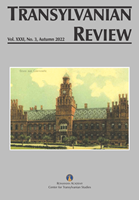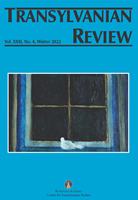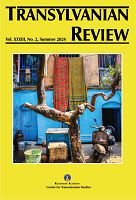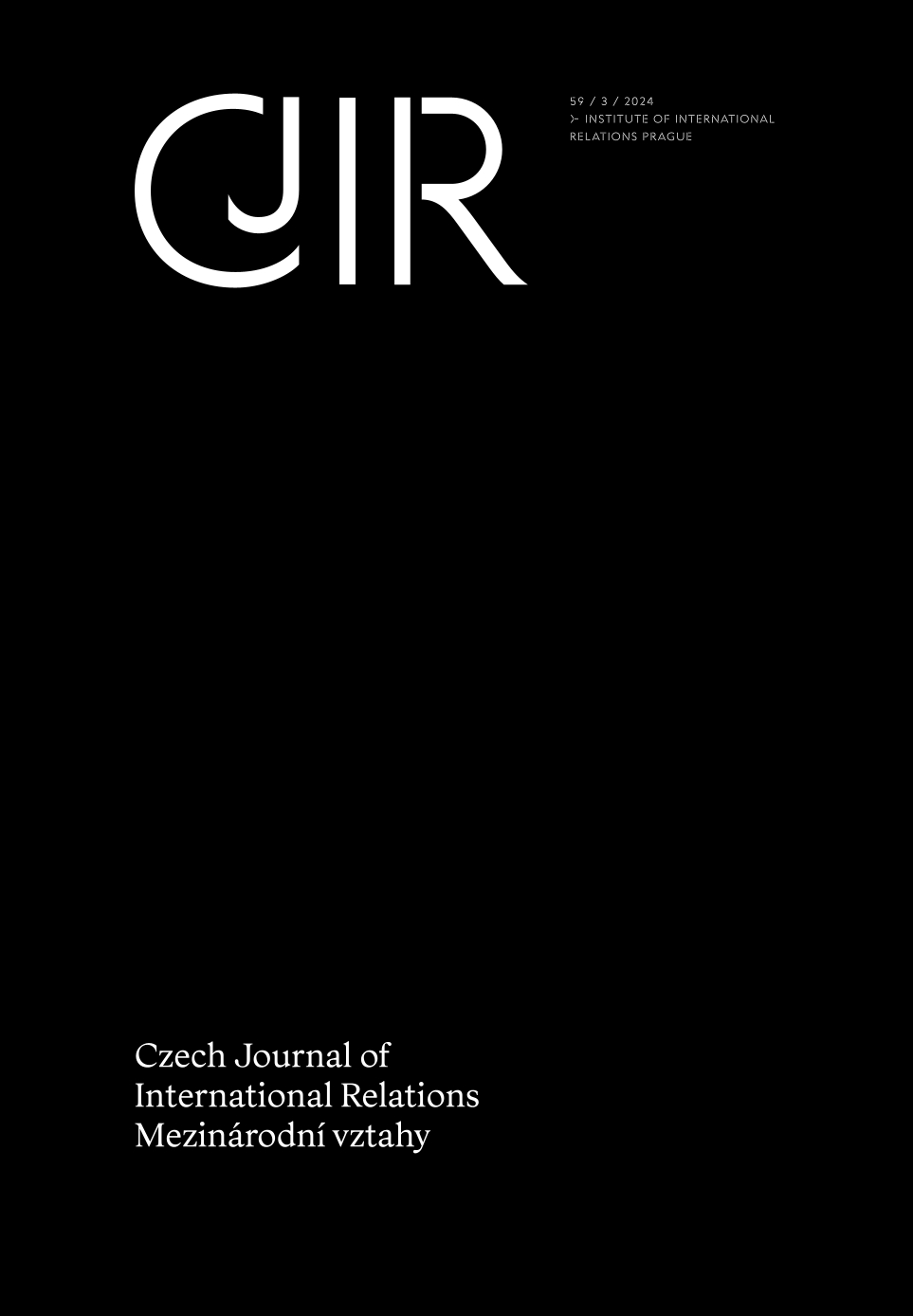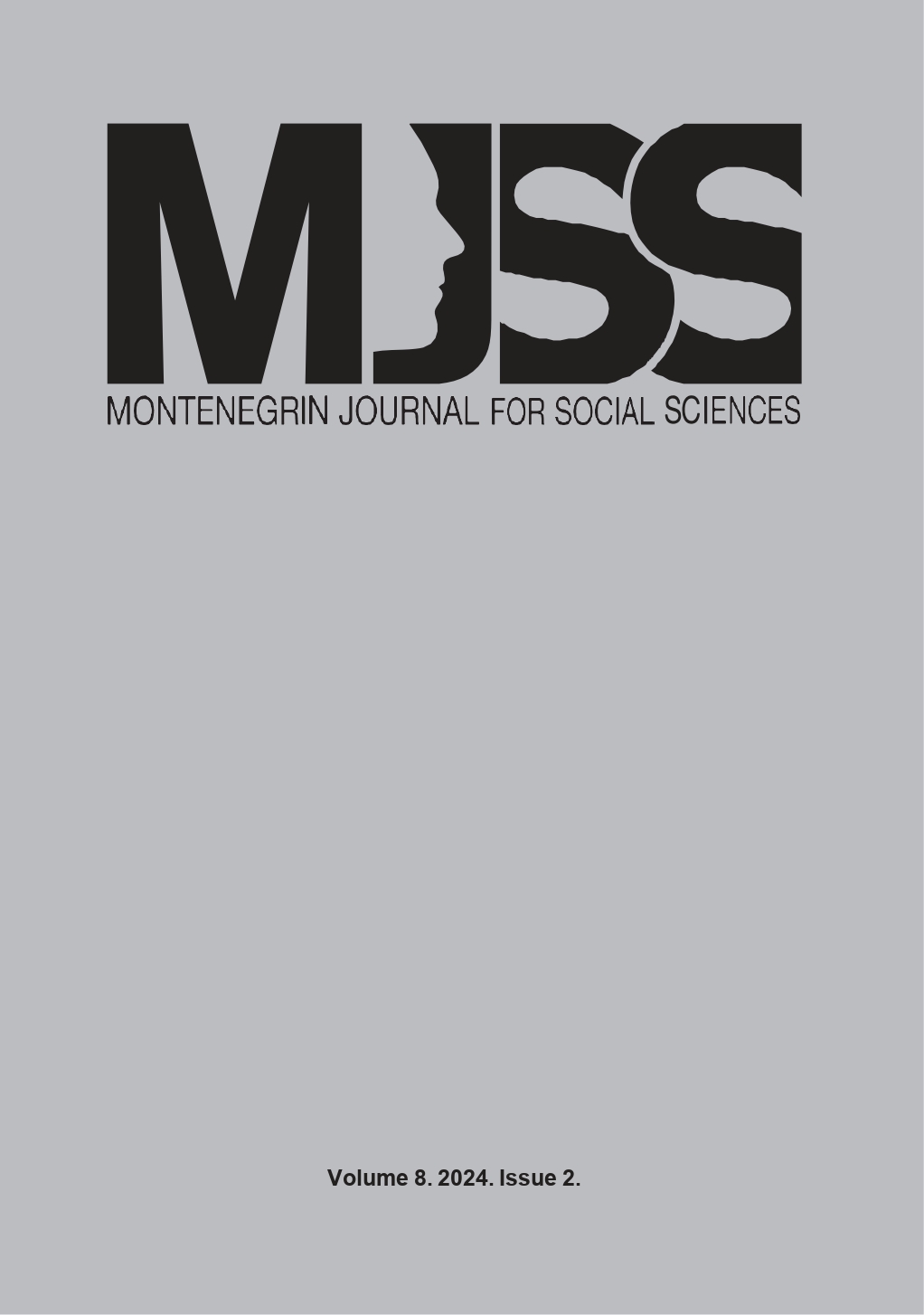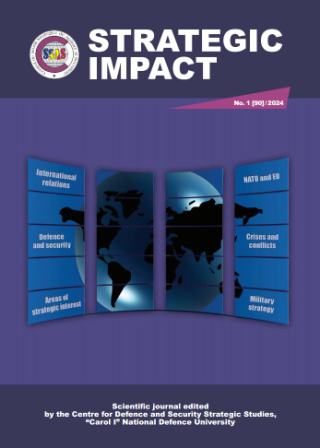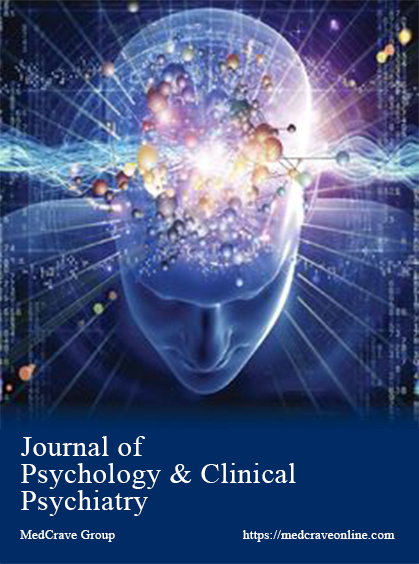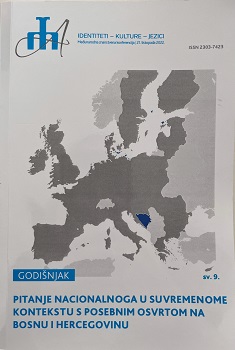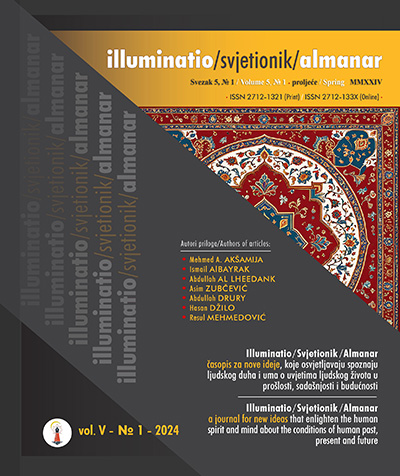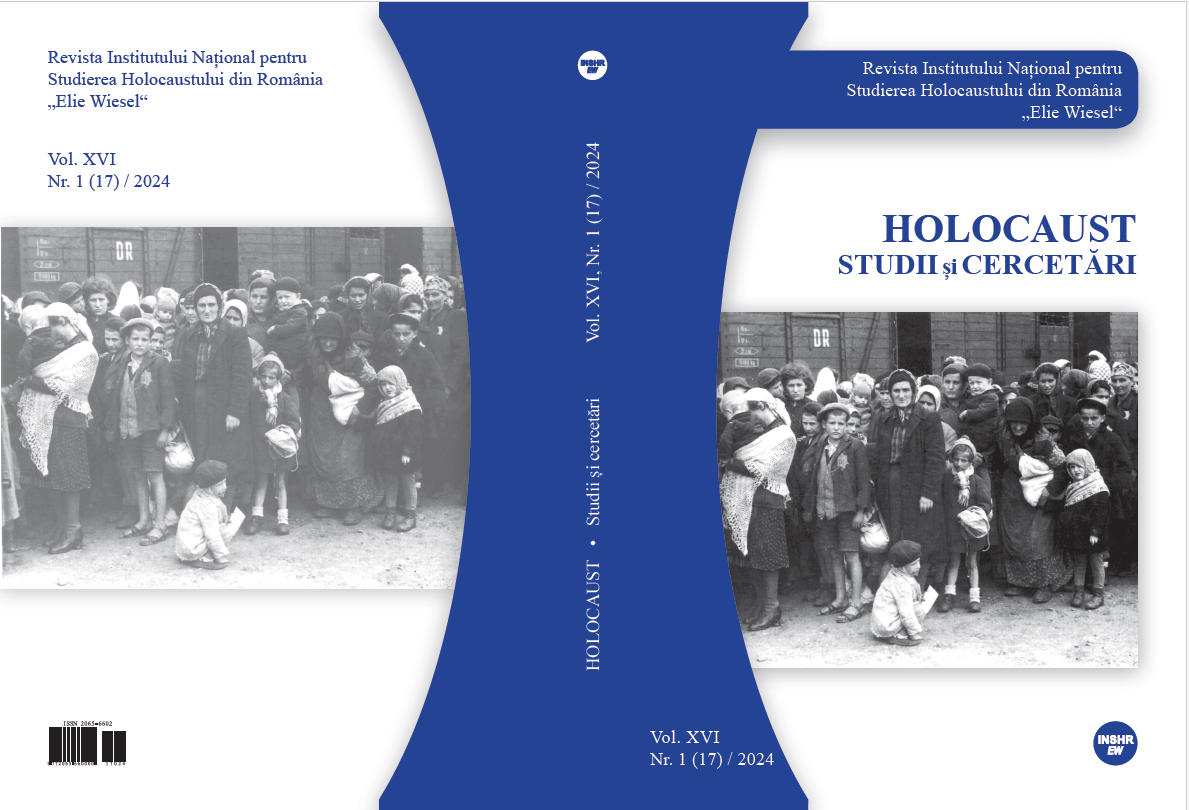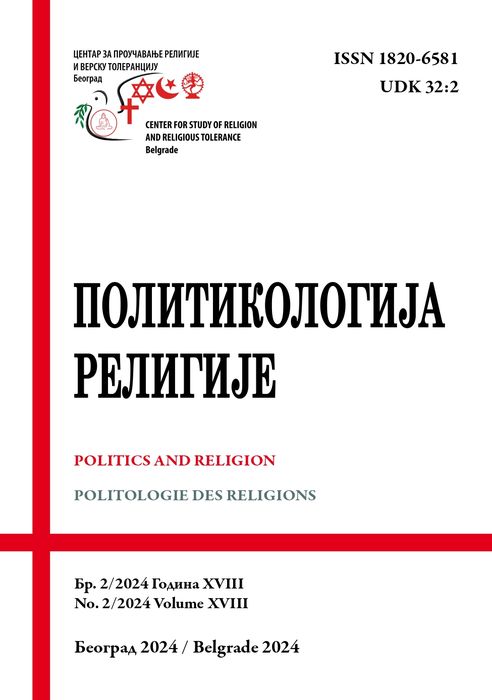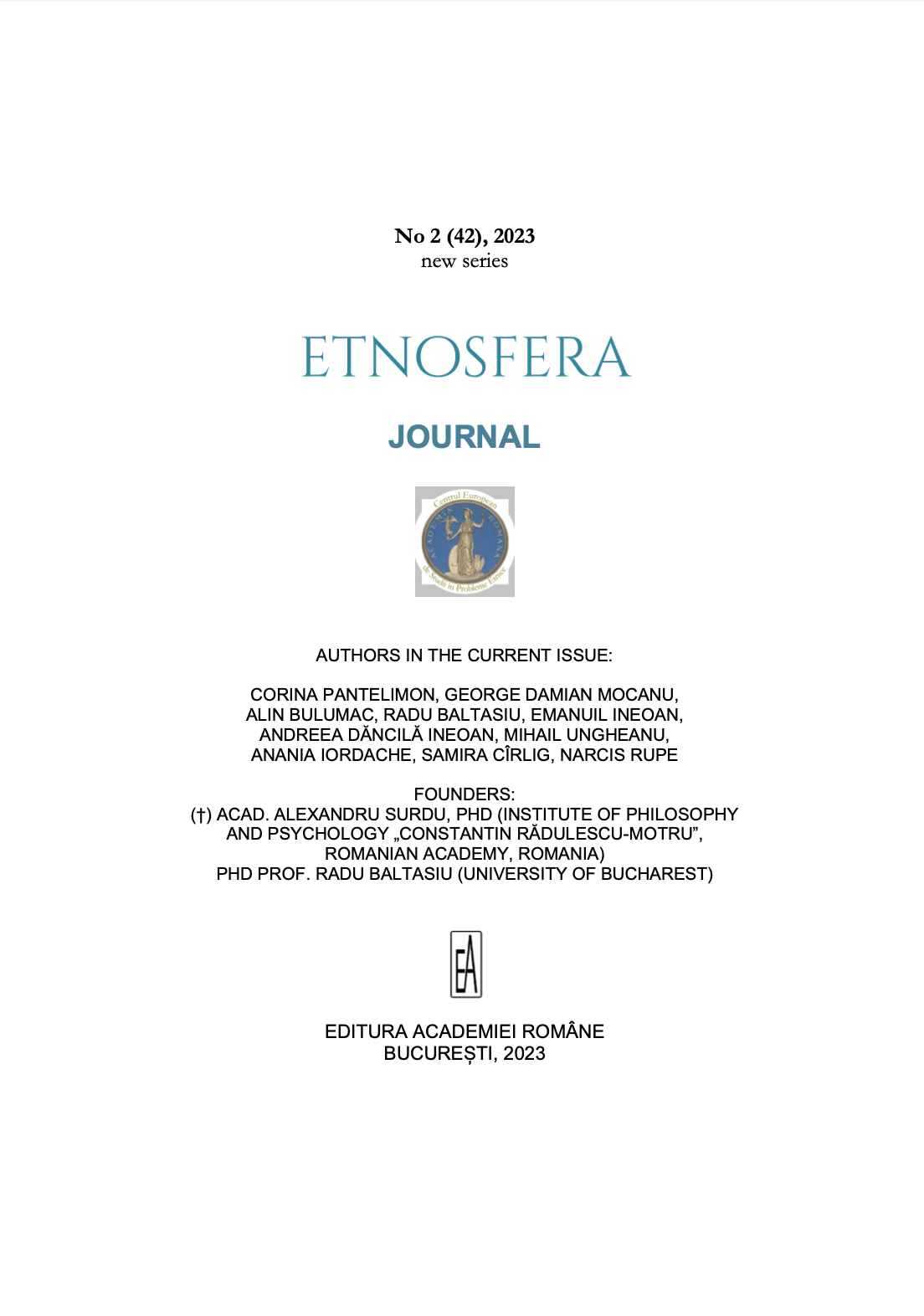
The current status of the North-Western Romanian border 100 years after the Treaty of Versailles. Research report – Radu Baltasiu
Following the First World War, Transylvania, Bukovina, and Bessarabia, territories with apredominantly Romanian population, were united with the “Mother Country”. The union, sealed bythe Treaties of Versailles, made it possible to advance the Romanian frontier in the west of “GreaterRomania”, a frontier very different from the old ethnocratic one under Austro-Hungarian dualism.Professor R. Baltasiu, director of the European Centre for Ethnic Studies (Romanian Academy),coordinated research that examined the current status of Romania’s western border, which underwenttransformations a century ago. The results of this study have been published in the book “The currentstatus of the north-western Romanian border 100 years after the Treaty of Versailles”. The authordemonstrates how Romania’s western neighbor’s border is advancing while Romania’s border isretreating, even if the administrative border remains unchanged. The consequences of this geopoliticalmovement are felt by both the dominated minority (Romanian) and the dominant minority (Hungarian).The Carei-Satu Mare area, where the study was conducted, is becoming pauperized, and the Romanianidentity is suffering. The Romanian community is discriminated both objectively (the emergence of anew infrastatality) and subjectively (“being Romanian” has become discreditable)
More...
